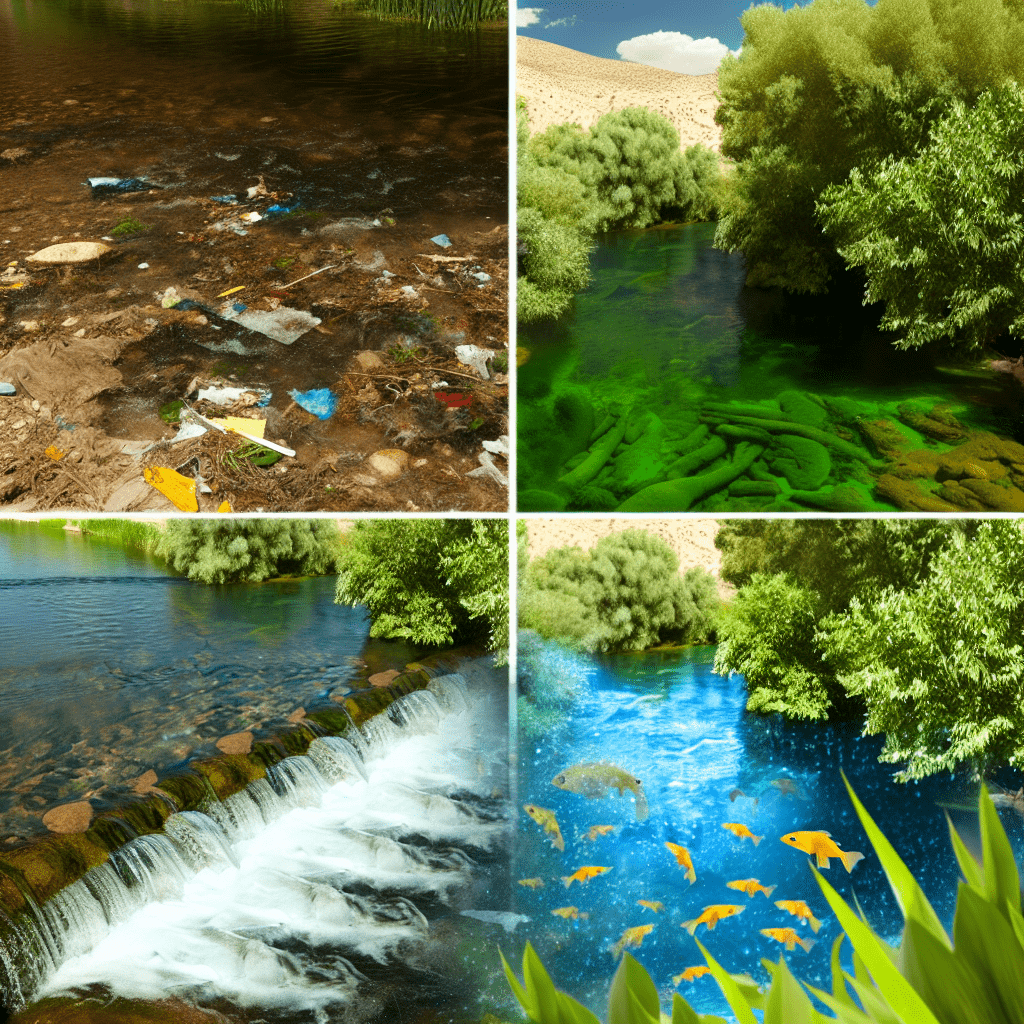”
Despite its ample freshwater resources, Spain grapples with significant water quality issues. This article examines these challenges, their roots, and proposes potential solutions towards a future of cleaner, safer waters.
At the core of Spain’s water quality challenges lie industrial pollution, agricultural runoff, inadequate wastewater treatment, and the escalating impacts of climate change.
Key contaminants in Spain’s waters include harmful heavy metals, toxic industrial waste products, untreated sewage, and an overabundance of nutrients, leading to detrimental algal blooms. These pollutants not only pose immense health risks, they disrupt the fragile equilibrium of aquatic ecosystems and place severe stress upon water treatment facilities.
While regulatory frameworks such as the European Water Framework Directive and national laws guide water management, enduring water quality challenges underline the urgent necessity for more comprehensive, sustainable strategies.
Addressing Spain’s water quality necessitates stringent regulation on polluters, substantial investment in advanced wastewater treatment infrastructure, adoption of sustainable agriculture practices, and the establishment of climate-resilient water management systems.
Equally important is the role of public awareness and education. Nationwide campaigns on water conservation, pollution reduction, and the importance of clean water can trigger transformative societal changes.
In conclusion, while the journey towards improved water quality in Spain may seem challenging, it by no means is unachievable. By strengthening policy implementation, embracing technological innovation, and fostering public involvement, Spain can turn the tide from polluted waterways to crystal clear streams.
By FountainGO!

